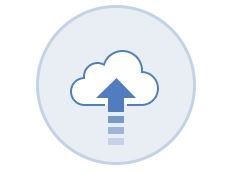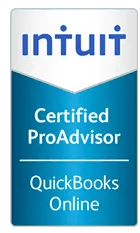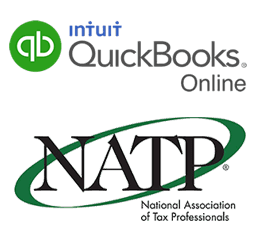Estimated Tax Payments - Do They Apply to You?
Have you ever wondered about estimated tax payments, and if/when they affect you? Although you may never have had to worry about them before, a change in your income/situation may put you in a position of needing to make these payments during the year. If you fail to make estimated payments (and therefore fail to pay taxes on your income as you earn it), you may be in for a nasty surprise come tax-time – a hefty tax bill along with an unwelcome penalty from the IRS.
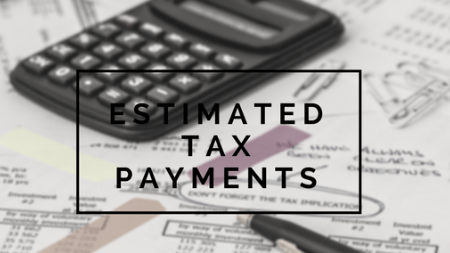
|
|
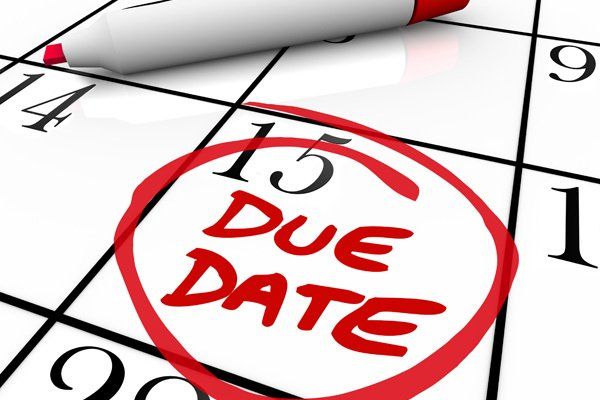
When should I make my payments by?
Estimated tax payments are generally made in four installments. Payments are due by April 15th, June 15th, September 15th, and January 15th of the next year.
These dates are based on quarterly payment periods (you pay tax on income earned during each applicable quarterly period); however, notice that the payment due dates aren’t all three months apart. As a side note, you are not required to make the final payment on January 15th if you file February 1st and pay the entire balance due with your return.
Where/How do I make my quarterly estimated tax payments?
There are various ways of making estimated tax payments for the current year, including:
- Mailing payment in with a voucher – Form 1040-ES
- Paying by phone or electronically via EFTPS, the Electronic Federal Tax Payment System
- Making a payment via EFT with your prior year e-filed return
- Applying an overpayment on your prior year return towards your current year estimated tax payments Why should I consider

Why should I consider making estimated tax payments?
As noted above, it’s important to pay attention to any changes to your income and overall situation, because penalties and interest can add up quickly. Penalties/interest are calculated based on the number of days you are late – so, even if you’re already behind, don’t panic! You can address the situation now and minimize the amount of penalties you are hit with. Furthermore, getting on track of making proper and timely estimated tax payments may help you in the long run. Getting hit with a large tax bill on April 15th is no fun, and by breaking your tax liability down into four installment payments you may be doing yourself a big favor in forcing yourself to set those funds aside and have them available to make your payments (while simultaneously keeping the IRS happy!). This can help you to avoid a snowballing” problem in the future – if you end up with a large bill that you cannot pay all at once, and you get on a payment plan with the IRS, it can be difficult to play catch-up. Essentially, staying on top of your estimated tax payments, if nothing else, requires you to be more disciplined and aware of your tax responsibilities as a taxpayer and/or business owner.













